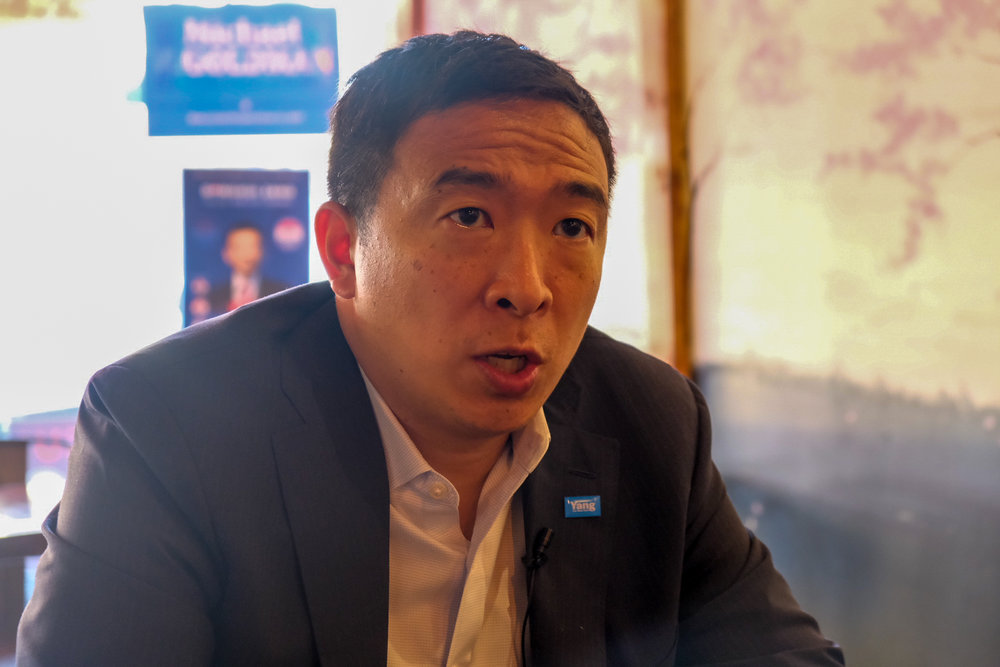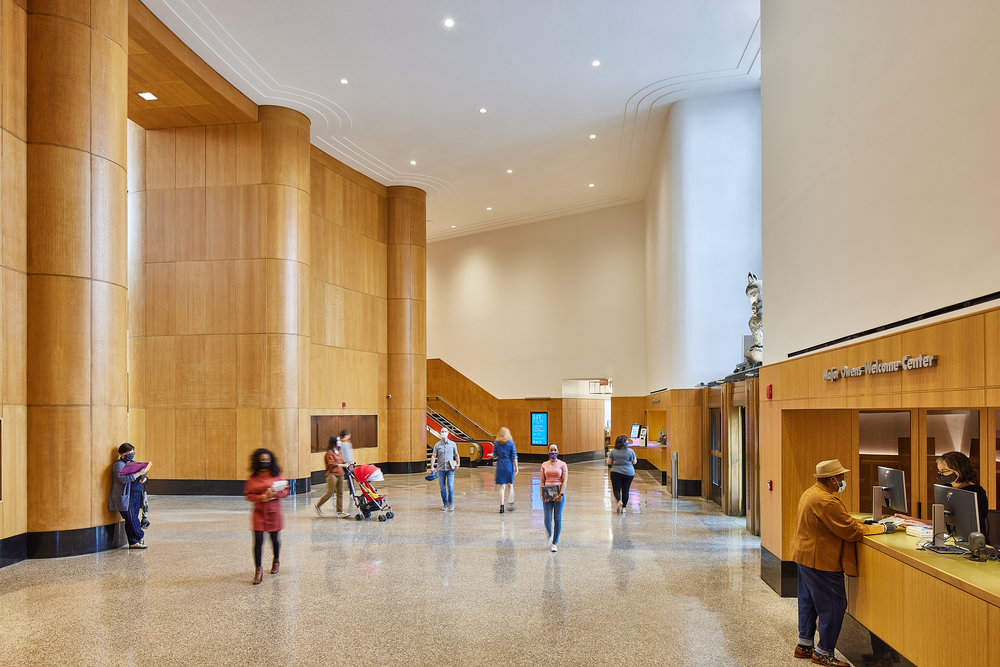Libraries to stop collecting overdue book fees
New York City’s three public library systems will no longer charge late fees for overdue books and other materials. Additionally, all existing late fees were cleared immediately.
A number of other American cities, including San Francisco, Chicago, Philadelphia, Miami, Seattle, and Dallas, have previously made the decision to go fine free. When combined, New York City’s three library systems represent the largest municipality to eliminate fines in the country.
The decision is meant to make libraries more accessible and welcoming to New Yorkers who may have been previously dissuaded by financial penalties.
“For far too long, late fines have generated fear and anxiety among those who can least afford to pay, preventing them from opening library accounts, checking out books, or even coming
through our doors,” said Queens Public Library president and CEO Dennis Walcott. “I vividly remember as a child having late fines on my card and hesitating about going to the library when I needed it.”
In Queens, the communities with the highest number of blocked cards — Corona, Jamaica, Far Rockaway, and Elmhurst — all have median incomes below the borough average.
By clearing all existing late fees, the Queens Public Library has freed approximately 25 percent of its cardholders from financial penalties. The library system hopes these new measures will spur an increase in membership and usage across its 66 locations.
“Late fines tell people they do not belong, and that shutting them out is simply the cost of doing business,” Walcott added. “This is not only unacceptable, but also totally inconsistent with our mission.”
The Queens Library will still have other measures in place to prevent property theft. Library cards will be blocked from borrowing physical materials if patrons accrue $50 in replacement fees or have 20 or more overdue items.
Even with a blocked card, patrons will still be able to access computers, e-books, and other digital services.
The Brooklyn Public Library’s (BPL) new policies closely align with those of the Queens system. BPL has eliminated all late fees, both new and existing, and will instead temporarily suspend patron’s access to certain library materials if they exceed a certain threshold of overdue materials.
Brooklyn Public Library president and CEO Linda Johnson said the majority of BPL’s patrons are either children, who predominantly use library services to assist with school work, or older adults, who may be less equipped to handle late fees and the anxiety associated with them.
BPL launched a pilot amnesty program for children in 2017, and saw a 60 percent increase in the percentage of previously blocked children and teens who checked out materials, especially in low-income neighborhoods.
“Public libraries strive to be the most democratic institutions in our society, providing all people access to the resources they need to enrich their minds and improve their lives,” said Brooklyn Public Library president and CEO Linda Johnson. “Eliminating late fines means providing truly equitable access to everything the library has to offer.”






